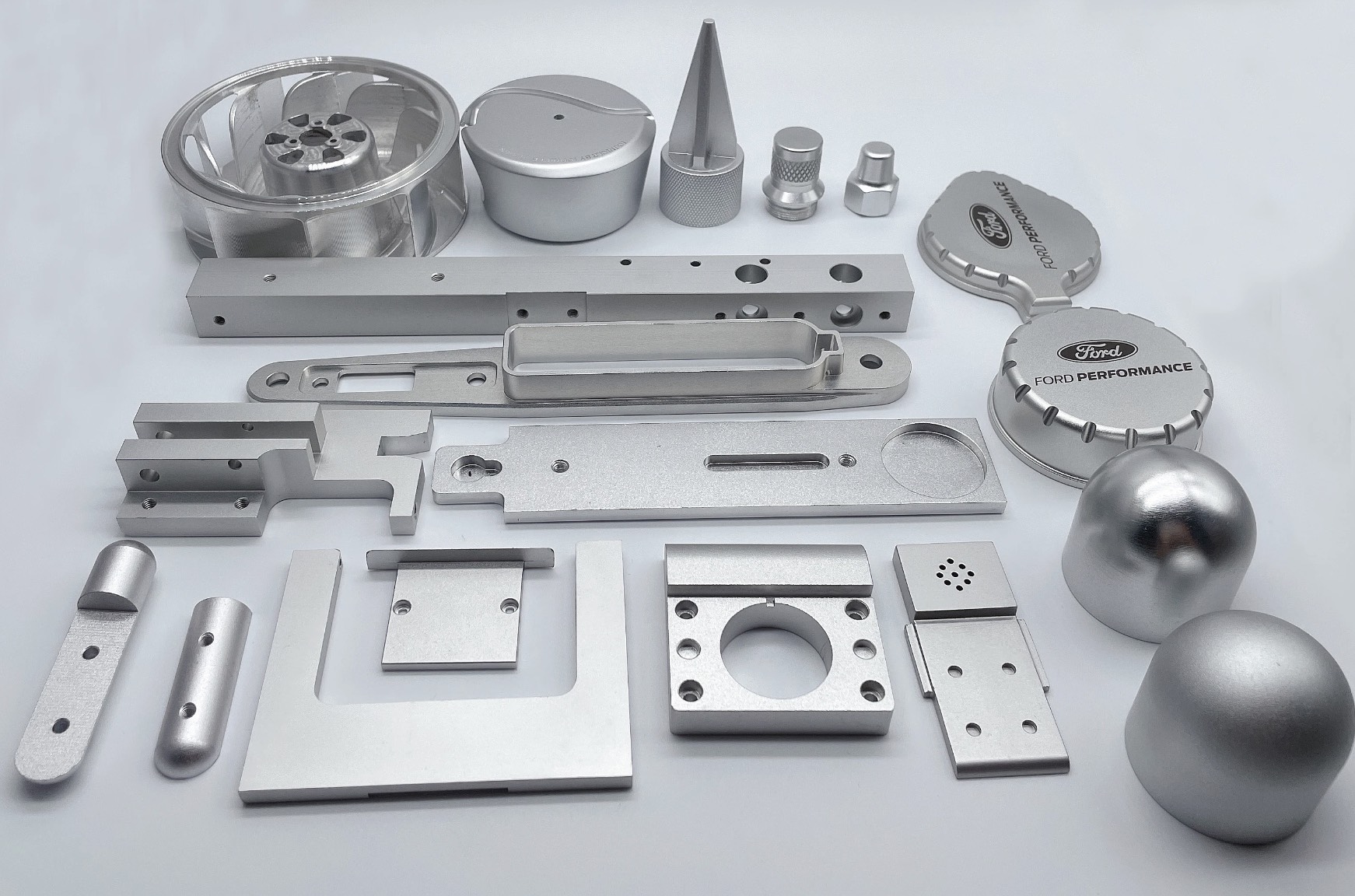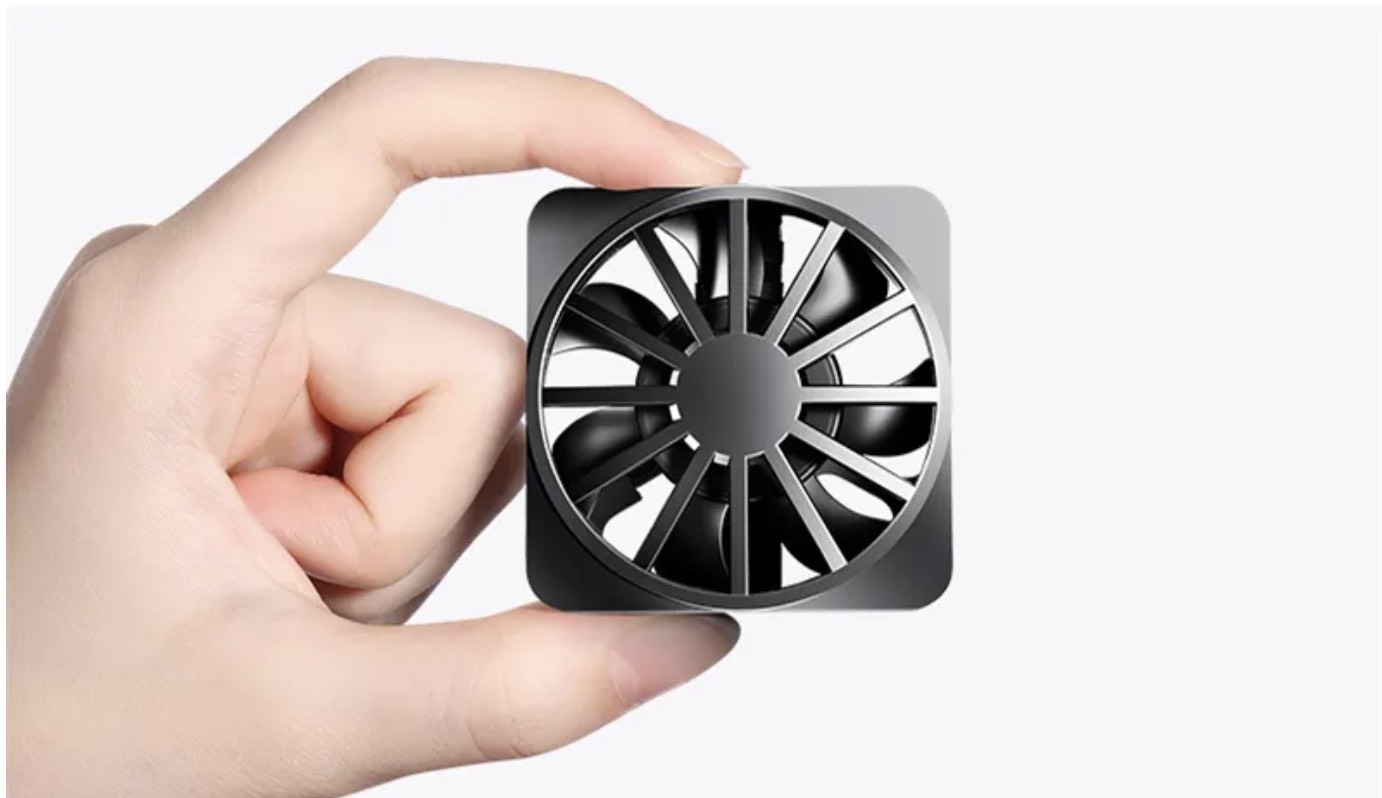The quest to manage heat effectively has evolved over centuries, from ancient Greeks using water as a coolant to the development of early radiators during the Industrial Revolution. However, it's in recent decades that we've seen groundbreaking advancements. With the surge in electronics and demand for high-performance computing, efficient cooling solutions are now more crucial than ever. From traditional air cooling to liquid cooling systems, heat management has undergone relentless innovation driven by a pursuit of efficiency.
This evolution underscores a relentless pursuit of innovation and efficiency in heat management. From ancient Greeks employing water as a coolant to the Industrial Revolution's development of early radiators, the quest has been ongoing. However, recent decades have witnessed truly groundbreaking advancements, spurred by the exponential growth of electronics and the need for high-performance computing. From conventional air cooling to liquid cooling systems and beyond, the evolution has been driven by an unwavering commitment to innovation and efficiency.
Liquid cooling systems have fundamentally reshaped the landscape of heat management technology, leveraging the exceptional thermal conductivity of liquids to efficiently dissipate heat. Unlike conventional air cooling methods, liquid cooling ensures rapid and uniform heat removal, thereby optimizing the performance and reliability of high-power electronic components. This transformative technology has found extensive applications across a diverse array of industries, including data centers, high-performance computing, automotive, and aerospace. Its adaptability and effectiveness make it indispensable in environments where stringent thermal requirements are paramount.

One of the key advantages of liquid cooling lies in its ability to handle high thermal loads with precision and efficiency. By directly circulating coolant over heat-generating components, liquid cooling systems can swiftly absorb and transfer heat away, mitigating the risk of overheating and maintaining consistent operating temperatures. This not only enhances the longevity of electronic devices but also minimizes the potential for performance degradation and system failures.
Furthermore, the adoption of liquid cooling systems has led to significant improvements in energy efficiency. By reducing reliance on power-hungry cooling mechanisms like fans, these systems help curb energy consumption and associated costs. Moreover, the decreased demand for active cooling contributes to lower carbon emissions, aligning with sustainability objectives and environmental regulations.
The widespread integration of liquid cooling systems marks a significant milestone in the evolution of heat management technology. Their ability to deliver superior performance, reliability, and energy efficiency has revolutionized the operation of high-power electronic systems across various industries. As technological advancements continue to drive innovation, liquid cooling systems are poised to play an increasingly vital role in meeting the escalating demands for efficient heat dissipation in the modern era.
While active cooling methods such as fans and liquid pumps have dominated the heat management landscape, there's a growing interest in passive cooling solutions that harness natural processes to dissipate heat. Passive cooling techniques, such as heat sinks and phase-change materials, offer several advantages, including reduced energy consumption, lower maintenance requirements, and silent operation. By leveraging principles of thermodynamics and heat transfer, passive cooling systems have the potential to revolutionize the way we manage heat in a wide range of applications, from electronics and automotive to building and infrastructure.

As technology continues to advance, so too does our ability to implement intelligent heat management solutions. Smart heat management systems, equipped with sensors, actuators, and advanced control algorithms, can dynamically adjust cooling performance in real-time based on environmental conditions, component load, and thermal stress. By optimizing cooling resources and minimizing energy consumption, these adaptive systems offer unprecedented levels of efficiency and reliability. Moreover, the integration of artificial intelligence and machine learning algorithms enables predictive maintenance and proactive fault detection, further enhancing system performance and longevity.
Looking ahead, the future of heat management holds both challenges and opportunities. As electronic devices become increasingly compact and powerful, the demand for innovative cooling solutions will only continue to grow. However, this growth is accompanied by concerns such as thermal management in densely packed systems, thermal runaway in high-power applications, and the environmental impact of cooling technologies. Addressing these challenges will require interdisciplinary collaboration, leveraging advancements in materials science, fluid dynamics, and thermal engineering. Nevertheless, with the rapid pace of innovation and the collective efforts of researchers, engineers, and industry stakeholders, the future of heat management promises to be cooler, more efficient, and more sustainable than ever before.
By continuing to use the site you agree to our privacy policy Terms and Conditions.